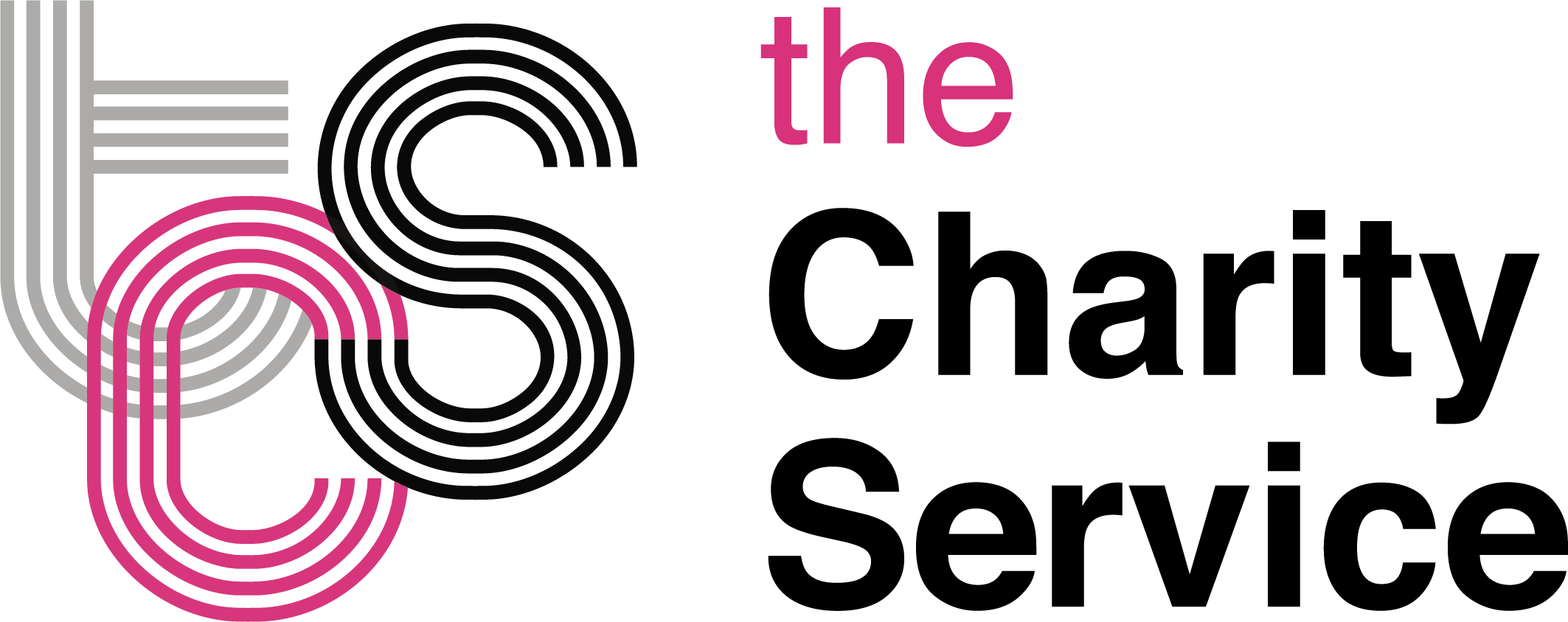In 2006, Bill Gates famously said, “With great wealth comes great responsibility.” Back then, it felt like a prophetic statement, but almost two decades later increasing numbers of wealth owners share this view. As attitudes towards the origins, implications and applications of wealth are changing, we explore how wealth managers and financial advisors are responding.
Over the past decade, we have seen more high-net-worth individuals motivated by a desire to make the world a better place. Millennials (born 1980-1995) and Gen Z (born 1996-2010), in particular, have a more progressive outlook on social and environmental issues. Some have misgivings about traditional capitalism, preferring instead the concept of stakeholder capitalism which recognises businesses have responsibilities that extend beyond maximising financial return for shareholders.

With the world having become globalised, many wealth owners want to make sense of their place in the world. They feel a sense of responsibility for the state of the planet and society. They also want to reflect their values in how they manage their wealth. This usually involves thinking about how wealth can be managed to generate positive change for society and the environment. It may also include thinking about the historical source of family wealth and making amends for past injustices. For example, the former BBC journalist, Laura Trevelyan, whose ancestors were owners of enslaved people on the Caribbean island of Grenada, has investigated the source of her wealth and now campaigns for reparatory justice.
In response to these changes, the number of wealth managers and financial advisors incorporating personal values and moral considerations into their advice process is growing. The advice market now includes a range of ethical wealth management and financial advice companies.
Ethical wealth advisors typically ask a fundamental question of their clients: what is the purpose of family wealth? Wealth is generally viewed as serving family goals, such as protecting family interests, maintaining a lifestyle, achieving financial security, preparing for retirement and planning for succession. These are bread-and-butter issues for wealth advisors. However, ethical wealth advisors also enquire about personal values and whether family wealth has wider responsibilities to the environment and society. This introduces considerations around paying a fair share of tax, ethical investment, and philanthropy.
Ethical wealth advice is far from mainstream though. Many conventional wealth management advisors worry about introducing personal values and social and environmental responsibilities into their discussions with clients. They fret about being perceived as judgmental and intrusive and forcing morality onto their clients. They also worry about delving into politics. However, it is easier to talk about wealth stewardship than many advisors imagine. The question of wider social and environmental responsibilities can be raised in a non-judgemental way and, if the client is not interested in these matters, the advisor does not need to pursue them any further. It should be accepted that some clients will not want, or will not be ready for, such discussions. Many clients will though. Indeed, many clients welcome the opportunity to discuss how they can align their values with the management of their wealth. By asking the question early in the advice process, the advisor has the opportunity to open up these conversations.
There are multiple benefits to wealth advisors introducing values and responsibilities into their conversations with clients. These include: improving the client experience; meeting the expectations of younger generations; strengthening the relationship between advisor and client; and, enhancing the advisor’s reputation.

The most common outcome of discussing personal values and social and environmental responsibilities is a decision to invest ethically. This usually means considering environmental, social and governance (ESG) issues when making investment decisions. More and more people are taking this approach. The UK Sustainable Investment and Finance Association estimates that its members now manage over £19trn in assets.
Another common outcome of advisors discussing personal values and social and environmental responsibilities is a decision to gift surplus wealth to charity. At The Charity Service, this is the outcome we are most familiar with because we work alongside wealth managers and financial advisors when their clients express an interest in philanthropy. We find this to be a hugely rewarding process for both the wealth owner and their professional advisor. When we sit down with advisors and their clients to discuss philanthropy, the conversation is meaningful. We often surface profound life stories that may otherwise go unmentioned. This provides financial advisors with a deeper understanding of clients’ motivations and strengthens relationships.
From our perspective as philanthropy advisors, we see the many benefits of ethical wealth management and financial advice. So much so, we are puzzled why more advisors aren’t moving in this direction. In twenty years, as Millennials and Gen Z develop and inherit wealth, ethical wealth management will, most likely, become the norm.
If you are a wealth manager or financial advisor that would like to work in partnership to support your clients with their philanthropy, please email Chris Mills, Head of Philanthropy Services at The Charity Service: [email protected]

